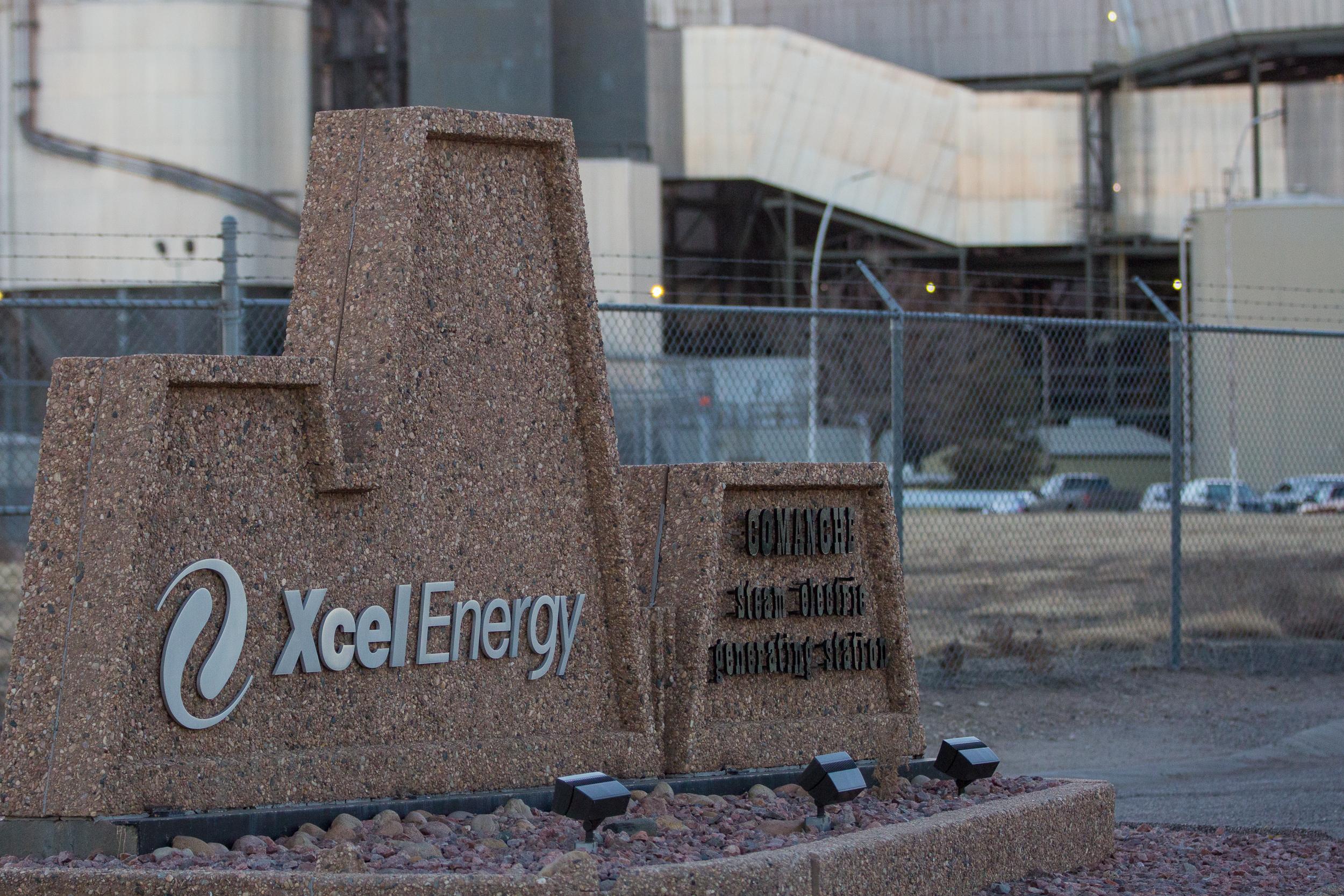
Xcel Energy wants to upgrade its portion of the state’s electricity grid to modernize how it distributes electricity to comply with recent legislation and meet its clean energy targets.
In a new proposal filed Monday with state utility regulators, Xcel Energy says its Distribution System Plan will allow the company to keep up with “unprecedented” demand for electricity over the next five years from Coloradans adopting electric vehicles, home heating and cooling with electric heat pumps and help customers connect new technology like solar panels and household battery storage.
Xcel Energy, the state’s largest utility, expects more than 300,000 heat pumps and 400,000 electric cars to be on the grid by 2030, according to the proposal filed with the Colorado Public Utilities Commission.
Xcel Energy expects an average household’s peak electricity consumption to increase by 220 percent by 2050, according to a planning document, as Coloradans adopt heat pumps, electric vehicles and electric appliances. In one modeled scenario, the company estimates peak demand for electricity could triple by 2050.
Those demands, according to the company, will require more infrastructure like substations and power lines.
“What we’re moving from is a system that’s intended to accommodate flat load growth to a system that’s expected to accommodate significant load,” Xcel Energy President Robert Kenney told CPR News.
Under the plan, the utility aims to add 36 power substations, 100 new or replaced substation transformers and 300 new “feeder” power lines to ferry electricity to customers.
“The poles, wires and substations that bring generation into your house, that’s what this plan is contemplating,” Kenney said.
The plan would allow the grid to handle an additional 3.1 gigawatts of new power, which is a massive amount of electricity. For comparison, a typical nuclear reactor produces one gigawatt of power, according to the Department of Energy. According to Jack Ihle, regional vice president of regulatory policy for Xcel Energy, the distribution system’s current capacity is between 7 and 8 gigawatts.
The new capacity will deliver electricity to customers, but also be able to absorb it back from customers who generate electricity from technology like rooftop solar panels.
“That 3.1 gigawatts is transfer capacity, whether it’s to bring large scale generation to customers, or it’s to transfer the customers’ generation back to the grid,” Ihle said.
In May, Colorado lawmakers passed Senate Bill 24-128, which requires large utilities to upgrade their distribution systems to meet state decarbonization goals and to protect their systems from climate risks like wildfires.
If approved, the new distribution upgrade is estimated to cost nearly $5 billion, most of which will be paid by customers through higher monthly energy bills. In a separate filing to regulators, Xcel Energy said it expects customer bills to increase by roughly 2.4 percent over the next five years to pay for the upgrades. The costs for this plan will show up as a separate line item on customer bills starting in 2026, Ihle said.
In October, Xcel Energy detailed its five-year Colorado investment strategy to modernize and protect its grid; yesterday’s distribution system plan was one part of the strategy. In 2024 alone, the company released a “Just Transition” plan to phase out the massive Comanche 3 plant in Pueblo, a Wildfire Mitigation Plan, a “Grid of the Future” strategy document, and had its “Clean Heat Plan” approved by regulators.
The company estimates that all of these investments will cost $22.3 billion over the next five years, and most of that will be billed back to ratepayers, according to Kenney. Ihle, the company vice president, said he expects regulators to issue a decision about the “first of a kind” distribution plan by late next year.








